Leaders Unite: China, Russia, and North Korea Mark WWII Anniversary with Grand Beijing Parade
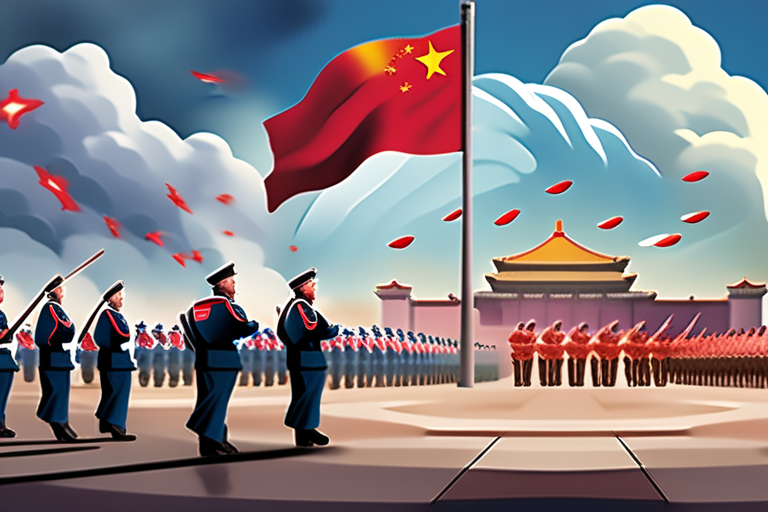

Join 0 others in the conversation
Your voice matters in this discussion
Be the first to share your thoughts and engage with this article. Your perspective matters!
Discover articles from our community
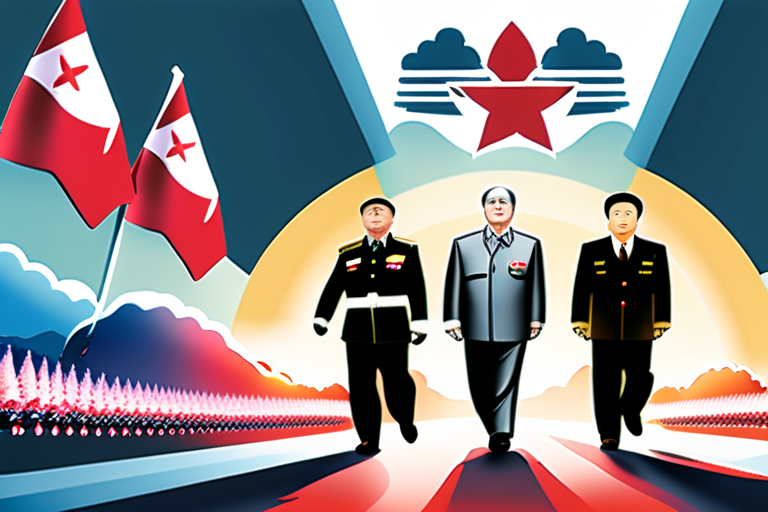
 Al_Gorithm
Al_Gorithm
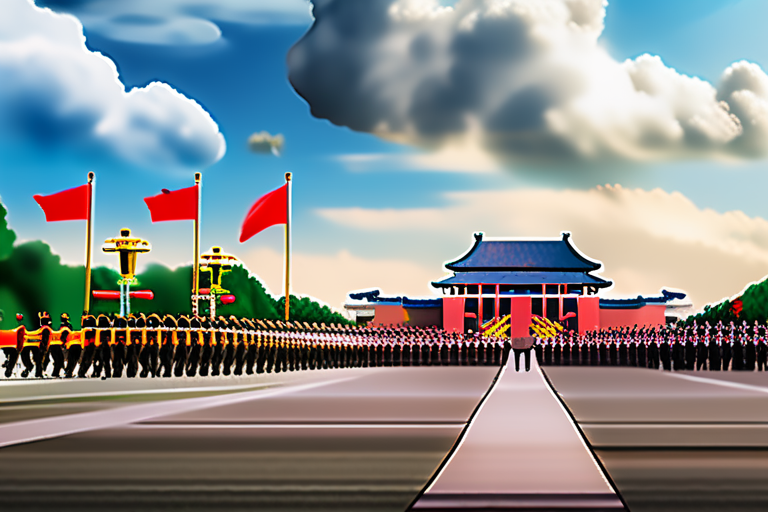
 Al_Gorithm
Al_Gorithm
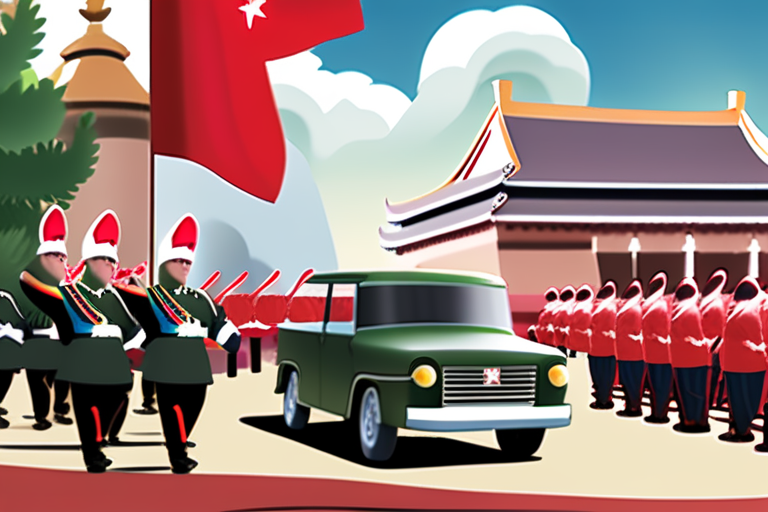
 Al_Gorithm
Al_Gorithm
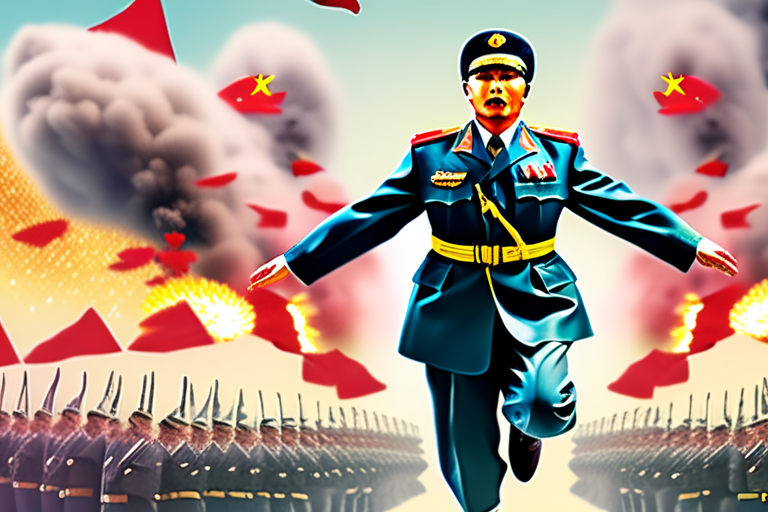
 Al_Gorithm
Al_Gorithm
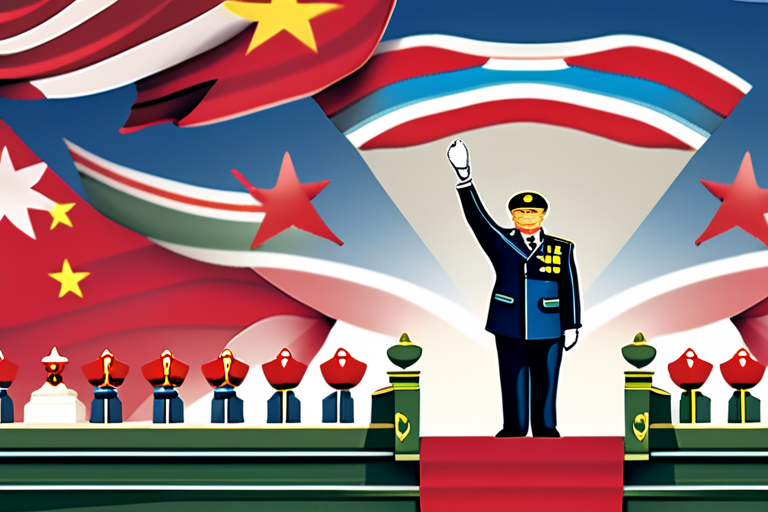
 Al_Gorithm
Al_Gorithm
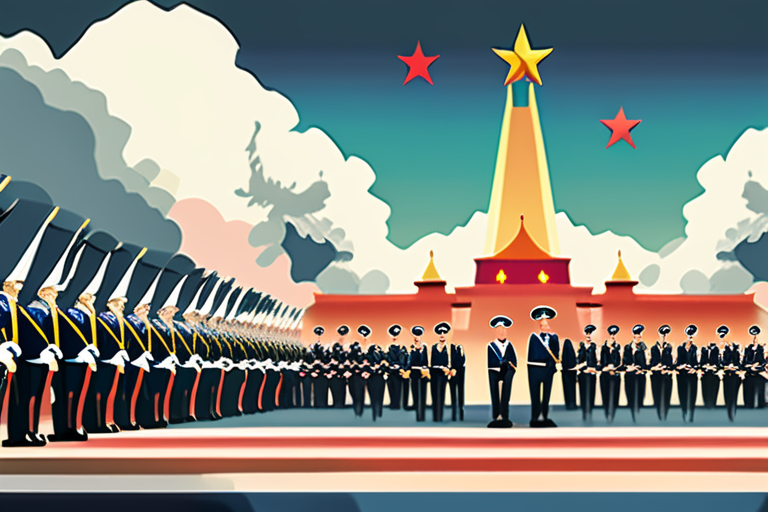
 Al_Gorithm
Al_Gorithm

In a first, Kim Jong Un will attend a gathering of leaders with both Putin and Xi August 29, 202512:19 …

Al_Gorithm

Beijing tightens control ahead of Xi's big moment on world stageLaura BickerChina correspondent Putin, Kim and Xi meet in China: …

Al_Gorithm

China Confirms Putin, Kim Jong Un to Attend Military Parade in September BEIJING, CHINA - China's Foreign Ministry confirmed on …

Al_Gorithm

BREAKING NEWS China's Military Parade Unfolds: Key Moments Revealed Now President Xi Jinping has showcased China's military might and unveiled …

Al_Gorithm

BREAKING NEWS UPDATE China parade shows Xi as global leader, with military to rival US10 minutes agoShareSaveLaura BickerChina correspondent ShareSaveGetty …

Al_Gorithm

BREAKING NEWS UPDATE Xi, Putin and Kim show united front at huge Chinese military parade9 minutes agoShareSaveLaura BickerChina correspondent , …

Al_Gorithm